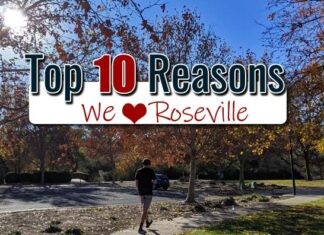Many Americans feel Alzheimer’s disease shouldn’t be talked about. But 80-year-old, Pennsylvania native Mimi Steffen isn’t ashamed to say she has it. She was diagnosed five years ago and is now an Alzheimer’s Association spokesperson.
The Alzheimer’s Association website defines Alzheimer’s disease as a progressive, fatal brain disease affecting about five million Americans. It destroys brain cells, causing memory, thinking and behavior problems. It’s the sixth-leading cause of death in the U.S.
“My initial symptoms were mostly in not being able to remember things, particularly people’s names,” said Steffen in a telephone interview. “It was very selective. Some people’s names I could always remember and others I saw just as frequently I couldn’t. I could be going on an errand and forget where I was going. One symptom getting my attention was when I was trying to speak and couldn’t come up with the right word for an object. For instance, one incident was when I was cooking dinner and my kids were there. I wanted to drain the pasta and couldn’t come up with the right word for a colander. So I said, ‘Where is that thing?'”
She was becoming worried about having Alzheimer’s disease because several relatives also had experienced it. Eventually, a doctor diagnosed her. “My first reaction was tears,” she said. “At first, I questioned the doctor because I knew you couldn’t (completely) diagnose Alzheimer’s disease until postmortem. But the doctor said the pattern I exhibited on the tests was the pattern Alzheimer’s patients exhibit.”
It was around Christmas when she learned. She gathered her children to tell them. They were shocked, and then discussed the situation openly. One child now handles her bank account and another drives her to doctors appointments.
She said she was able to successfully “zap” the disease early on with help from medication, eating a “Mediterranean” diet, physical therapy, keeping mentally active through historical society work, and volunteering for the Alzheimer’s Association and an agency helping sexually abused women.
Today, she has fewer symptoms than five years ago. Now she seldom forgets where she is going when on trips, is doing much better with the names of people and things, and often realizes early on when reading a book that she has read it before.
She said, “My message is that if people exhibiting symptoms go and get tested, maybe they can ‘zap’ it the way I have.”
(21+ years strong)
Welcome to the brighter side!
Get in front of local customers! 24/7 (365)





















